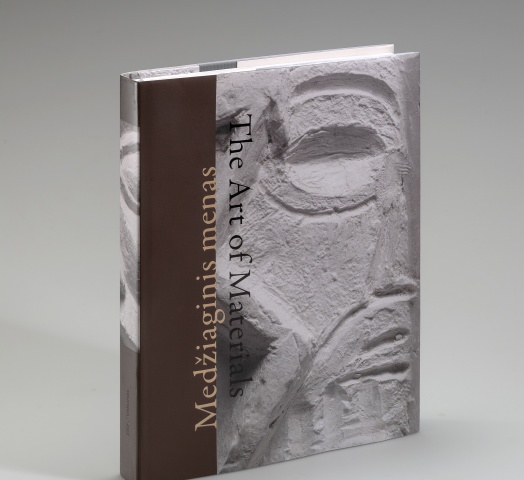The Art of Materials | 2024
"The Art of Materials" focuses on sculpture. Having been built up over more than 20 years, the Ellex Valiunas collection includes works by Lithuanian artists from the late 19th century to the present day, ranging from traditional small-scale sculptures for private spaces to monumental outdoor pieces and contemporary conceptual works. It highlights the Litvak artistic heritage through works by Mark Antokolsky, Jacques Lipchitz and Arbit Blatas, and also includes works by expatriate Lithuanians, such as Elena Kepalas, Vytautas Kašuba, Antanas Mončys and Matas Menčinskas. It showcases sculptures from the interwar period by Petras Rimša, and early works by Juozas Mikėnas. The most significant and impressive part of the collection consists of works from the late 20th to the early 21st century by leading figures in the Lithuanian school of sculpture who have been influential since the times of the Jeruzalė Garden in the 1960s and 1970s, including Mindaugas Navakas, Vladas Urbanavičius, Ksenija Jaroševaitė and Leonas Vytautas Strioga.

"The Art of Materials" focuses on sculpture. Having been built up over more than 20 years, the Ellex Valiunas collection includes works by Lithuanian artists from the late 19th century to the present day, ranging from traditional small-scale sculptures for private spaces to monumental outdoor pieces and contemporary conceptual works. It highlights the Litvak artistic heritage through works by Mark Antokolsky, Jacques Lipchitz and Arbit Blatas, and also includes works by expatriate Lithuanians, such as Elena Kepalas, Vytautas Kašuba, Antanas Mončys and Matas Menčinskas. It showcases sculptures from the interwar period by Petras Rimša, and early works by Juozas Mikėnas. The most significant and impressive part of the collection consists of works from the late 20th to the early 21st century by leading figures in the Lithuanian school of sculpture who have been influential since the times of the Jeruzalė Garden in the 1960s and 1970s, including Mindaugas Navakas, Vladas Urbanavičius, Ksenija Jaroševaitė and Leonas Vytautas Strioga.











